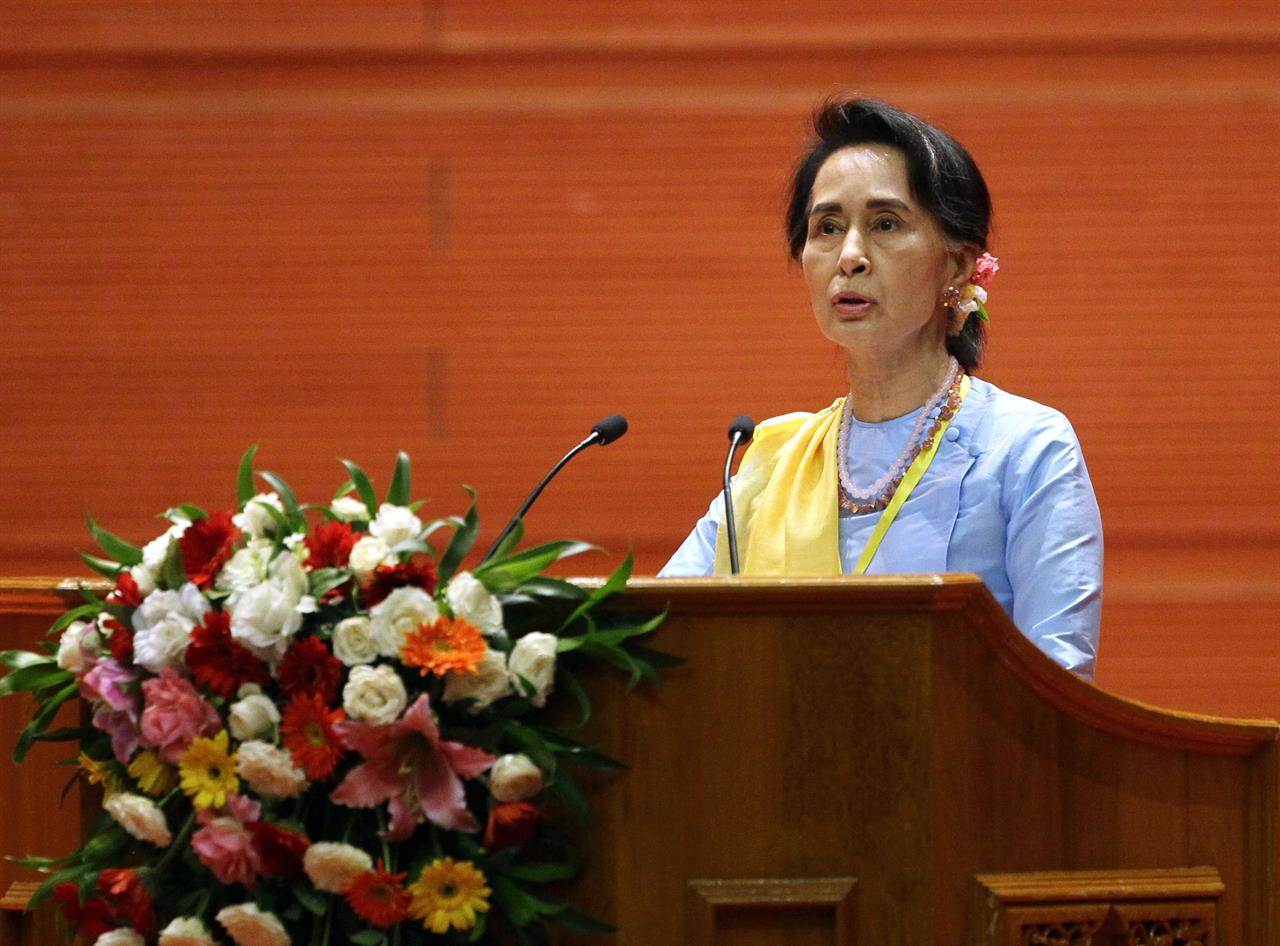| How many opinions do you need for a live story at once? (Image: CNN) |
When first launched, the introduction to 24-hours news was received with open arms. The thought of being brought constantly up-to-date with current affairs sounded revolutionary. No longer would news enthusiasts wholly rely on reading newspapers every morning.
The 24-hour news broadcast phenomenon is now a distant memory. It is the norm. Social media ensured that by constantly keeping journalists and producers on their toes. As a journalism graduate, and having been in the PR industry for nearly five years, I've followed this digital transformation unfold and witnessed how reporters developed their tactics to accommodate the drastically changing media landscape. Largely, they should be admired. To proactively seek ways to improve your game while keeping up with the times is a tough ask.
This tough ask for reporters requires a healthy balance, however. In 2017, this equates to identifying the difference between fact and opinion. The line between the two is getting finer by the day. A Twitter users' 140 characters post can be the difference of making or breaking that individual or business' reputation. Not just that, but they can also sway debates of key issues.
This is where that fine line can be abused to potentially catastrophic effect. Two stories over the summer - which are still dominating the global news agenda into the autumn - have caught my attention. These have seen me question whether the need of round-the-clock coverage is making our world more progressive or suicidal.
The first story, I must stress, may set your eyes rolling. Trust me, I'm sick of it too. But Britain leaving the EU, and the consequences surrounding it, refuses to go away. We're only a few months into trade deal and exit negotiations. How is it going? It depends on which Tom, Dick and Harry you listen to. More relevant, every time David Davis, Secretary of State for Exiting the European Union says they're going 'incredibly well', Michel Barnier, EU's Chief Negotiator for this process, says otherwise just hours later. And between the two opinions, we get so-called experts left, right and centre using their air time to interpret and speculate what goes on behind closed doors and beyond.
| David Davis with Michel Barnier (Image: Daily Telegraph) |
Yes, because of the hot air talk about possibilities and speculation, I do blame 24-hour news - including social media. Negotiations between Westminster and Brussels are critical for the economy. One hiccup during this and the financial situations of both parties can sink to apocalyptic levels. Yes, both.
The key solution to this has to come from the UK and EU ministers. British Prime Minister, Theresa May, assured her public there'd be 'no running commentary' coming out of 10 Downing Street or Whitehall. If only she listened to herself and spread the message to Davis and the like. It is natural at this stage for UK and EU representatives to have conflicting views, but can the news - and Twitter warriors - wait until at least someone knows what exactly is going on. Let the negotiations run their course and debate the outcomes once we actually get them. Both parties' markets and commodities are too fragile to take any rumours seriously.
From the needlessly outspoken to the absolute silent. Where is Aung San Suu Kyi? The once outspoken leader of Burma (or Myanmar as it's known today), who spent 15 years under house arrest for denouncing the dictatorship the Far Eastern country endured, hasn't officially been seen or heard for weeks - and the people who once adored her, today want her head.
 |
| Aung San Suu Kyi (Image: Salem Interactive Media) |
The reaction by neighbouring countries and officials have been loud and clear - the situation must be defused or the rise of terrorist ideology - which has poisoned much of the Middle East and beyond in recent years - will become explicit. You don't need 24-hour news or social media to address the obvious. Yet, we don't hear from the leader of the country which is at the centre of the mess.
Aung San Suu Kyi hasn't done anything effective to calm this bloody situation. For instance, she failed to show at the UN General Assembly in New York. It's ironic really to see someone who won a Nobel Peace Prize and promoted free speech to hide similarly to Muammar Gaddafi and Bashar al-Assad, who oppress(ed) what she supposedly preaches.
Talk of preach, one of the reported reasons for Suu Kyi's silence is due to religion. She practices Buddhism and has spoken against Burma leadership throughout her adult life, before taking the helm of incumbent State Counsellor. Her political and diplomatic skills in times of crisis is being severely tested. Her silence speaks the loudest volumes of all, by opting for her personal views to override professional instinct. It doesn't matter who started the conflict, it ends by acknowledging fault from both sides and find truce.
But the situation in Myanmar is exactly why 24-hour news and social media is necessary to global society. So long as it isn't abused or exhausted, it can provide good and constructive dialogue. Whenever Aung San Suu Kyi decides to speak, night or day, it'll be reported. By having round-the-clock coverage, we'll be clear of key situations that affects communities on our doorstep, whether directly or indirectly.
Comments
Post a Comment